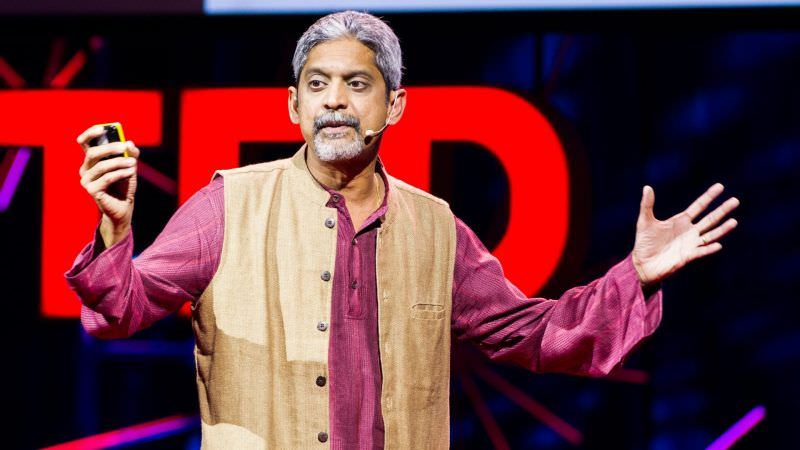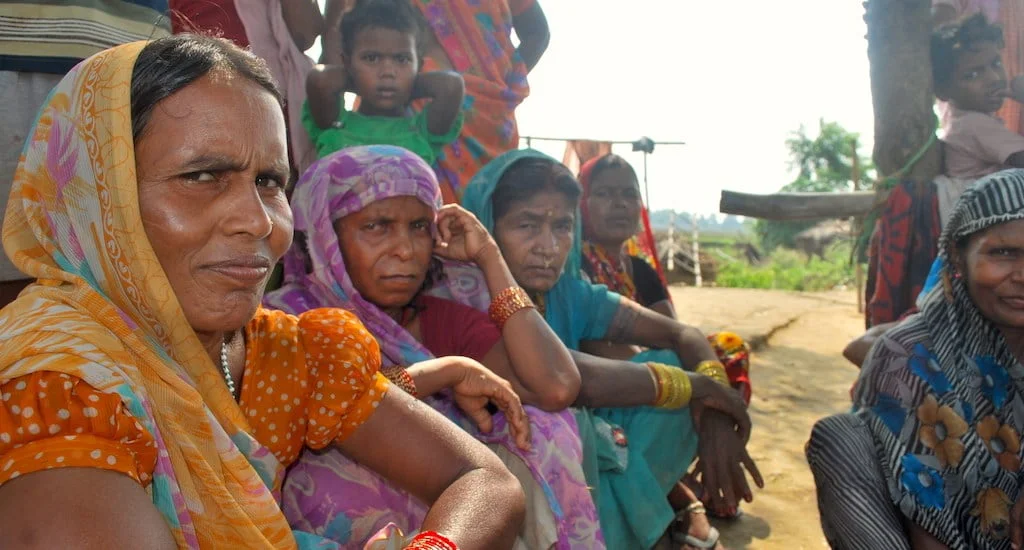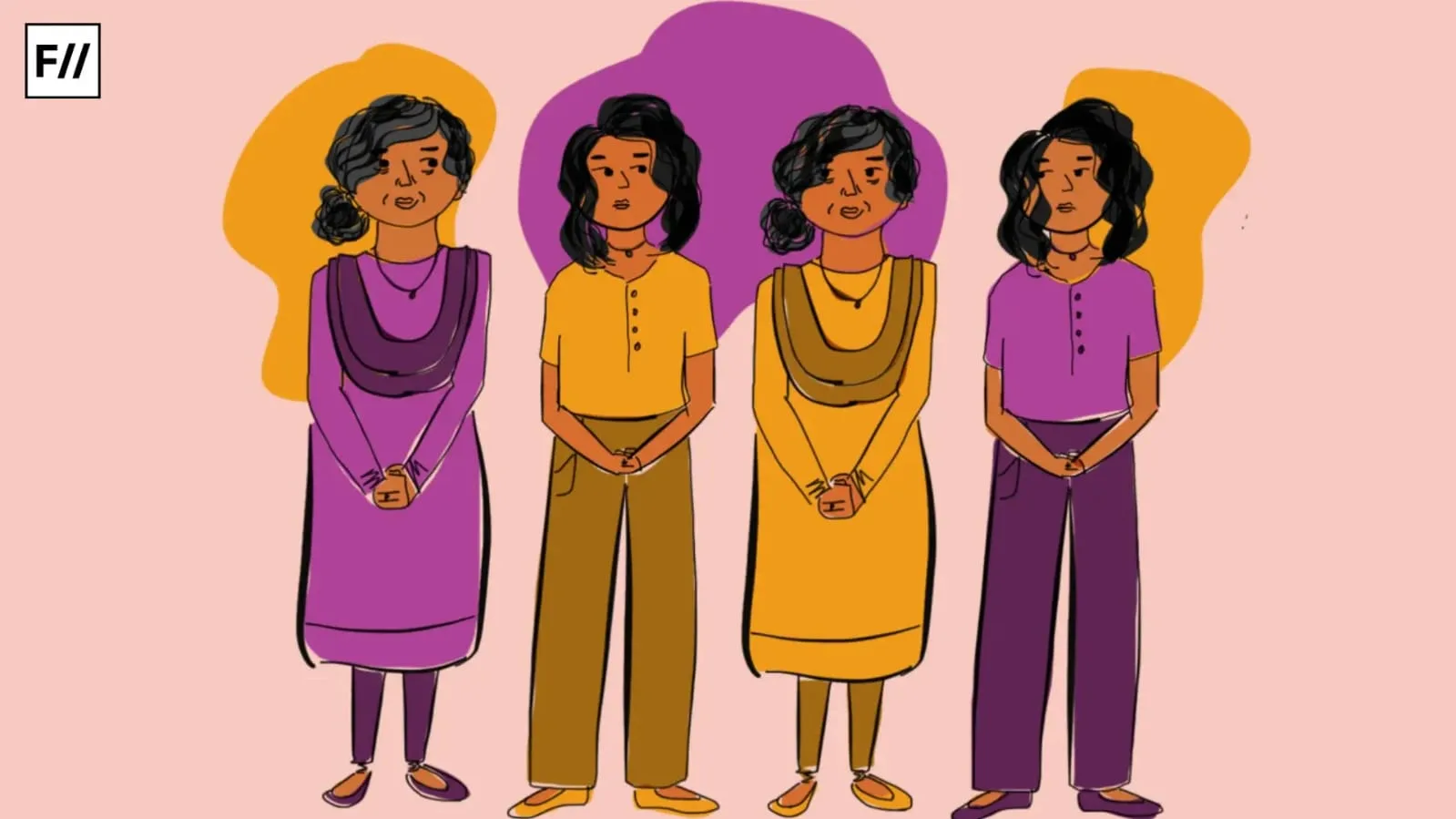One of the gaps in addressing mental health issues is the lack of adequate and affordable healthcare services. In India, this gap exists across the country but is far worse in rural communities, which often do not have functional primary healthcare. Statistics about the prevalence of mental illnesses across India are varied and often unreliable. Hospitals, medical professionals, community health centers are inadequately set up to help people.
In this talk you will hear Vikram Patel talk about one solution to this challenge: training the community to intervene and provide help in rural communities. This is hopeful and reflective of the innovation and attitude we need to better address mental health issues in India.
Patel helps bring better mental health care to low-resource communities — by teaching ordinary people to deliver basic psychiatric services. Based in Goa for much of the year, Patel is part of a policy group that’s developing India’s first national mental health policy; he’s the co-founder of Sangath, a local NGO dedicated to mental health and family well-being. In London, he co-directs the Centre for Global Mental Health at the London School of Hygiene & Tropical Medicine. And he led the efforts to set up the Movement for Global Mental Health, a network that supports mental health care as a basic human right. From Sangath’s mission statement:
At the heart of our vision lies the ‘treatment gap’ for mental disorders; the gap between the number of people with a mental disorder and the number who receive care for their mental disorders.
About the author(s)
Feminist and Indian. Interests include gender, education, mental health and wellness. India/US.




